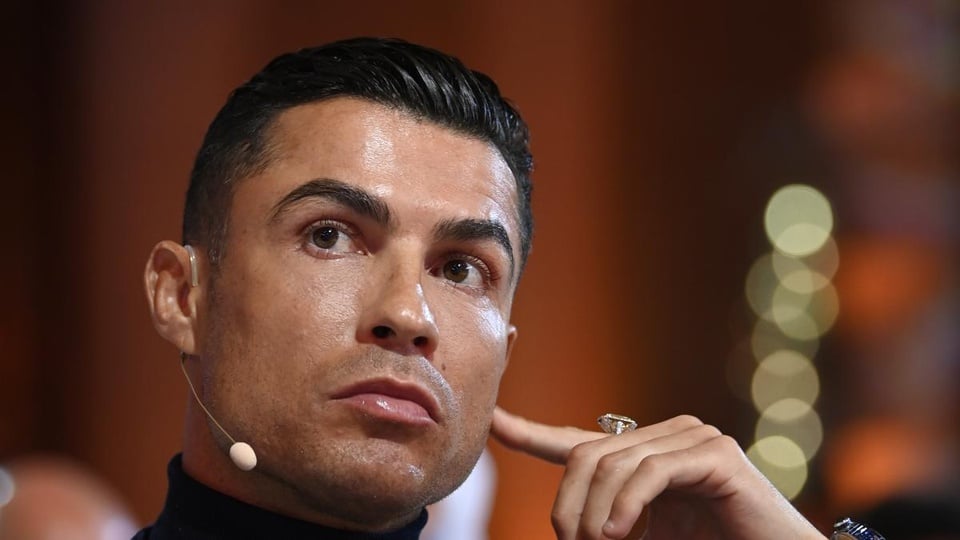 |
When Cristiano Ronaldo set foot in Saudi Arabia in 2023, many people thought it was just a "vacation contract" for the Portuguese superstar. |
But in reality, it was just the starting point of a long-term plan, designed to change the face of Middle Eastern football and make Saudi Arabia the new center of world football.
Two years later, we have seen Vision 2030 – the strategic vision of Crown Prince Mohammed bin Salman – transform football into a diplomatic , commercial and cultural tool. Top clubs such as Al Hilal, Al Ittihad, Al Nassr and Al Ahli have been privatized, ushering in an era of the Saudi “Big Four” competing head-to-head with Europe’s top brands.
From state capital to private capital
What is remarkable is that the Saudis are not only throwing money around in the old-fashioned way – “buying stars to make a splash” – but they are also changing the ownership structure of the club. While Aramco and NEOM were two domestic names associated with giant brands, now the door has been opened to foreign investors. The acquisition of Al Kholood by the US Harburg Group is a major milestone: the first time a Saudi club has been fully owned by foreign capital.
This signals that Saudi Arabia wants to take its football beyond its domestic borders. It is like when the Premier League opened its doors to Roman Abramovich, Sheikh Mansour and American funds in the 2000s: the invasion of foreign capital brought not only money but also management networks, global strategies and a more professional way of doing football.
Harburg Group, although holding only 6% of shares in Cádiz (La Liga), has enough experience with the European football environment. When entering Al Kholood, they acted immediately: replacing coach Cosmin Contra with the trusted name Des Buckingham, reshaping the club's image with a new logo, conveying the message of "professionalization" from the inside out.
 |
Ronaldo creates football fever in Saudi Arabia. |
Contra’s dismissal after a few days may have come as a shock to many Saudi Arabian fans, but it is a sign that Saudi clubs are ready to operate according to global corporate logic: decisive, less emotional, and trusting those in the “ecosystem” who are already familiar with the owners’ way of doing things.
“Big Four” and financial challenges
But behind this openness lies another truth: the Saudi economy is under pressure. Oil prices are falling, funding for megaprojects like NEOM is being cut, and football can no longer afford to spend money recklessly. The PIF, the public investment fund that holds 75% of the Big Four, is no longer a “money printing machine” but a launching pad. For several seasons now, clubs have had to generate their own revenue to survive.
This explains why Al Ittihad - the reigning Saudi Pro League champions - did not bring in any superstars last summer, and Al Ahli - the AFC Champions League champions - only stopped at a 25 million euro contract with Millot. By Saudi standards two years ago, this was "unusually quiet". But from a financial perspective, it was a necessary move to ensure sustainability.
More importantly, Saudi Arabia is considering selling all of the PIF’s stakes in the Big Four. If this goes through, it would be a huge boost for the global football market: Saudi Arabia’s four biggest brands would be fully open to private and foreign capital.
Imagine: an American corporation, a Japanese company, or a European investment fund could simultaneously become the “owner” of Al Hilal or Al Nassr. Then the Saudi League would not only be a Middle Eastern tournament but would become a truly “international playground”, where global money and strategy flow directly into each club.
 |
After Ronaldo, it's Neymar's turn to play in Saudi Arabia. |
In modern football, capital and power are no longer bound by borders. The Premier League is a prime example: the rise of Chelsea, Man City or the stability of Liverpool, MU are all linked to huge capital flows from outside the UK. Saudi Arabia is just repeating the same lesson, but in a different context: they have oil finances, political and cultural ambitions, and more importantly, they have the attention of the whole world after the Ronaldo shock.
Of course, there are risks involved. When relying on foreign capital, clubs can lose their identity, or fall into a situation of “buying fame” instead of developing a sustainable foundation. But if viewed from a national perspective, this is a clear strategy: turning football into a profitable industry, instead of “burning money” to show off.
Harburg’s acquisition of Al Kholood is not just a single transaction, but a statement that Saudi Arabian football is entering a “new dimension”. It is no longer a story about oil or the national budget, but has become a global playground where private and international players participate.
If the plan to sell all the Big Four goes through, the Saudi Pro League will transform once again – from a curious tournament with Ronaldo, to a football league financed and managed to global standards. And then the question will no longer be whether Saudi Arabia can compete with Europe, but how long it will take for Europe to consider Saudi Arabia as an equal.
Source: https://znews.vn/saudi-arabia-nhay-vao-chieu-khong-gian-moi-cua-bong-da-post1578956.html




![[Photo] Prime Minister Pham Minh Chinh chairs meeting of National Steering Committee on International Integration](https://vphoto.vietnam.vn/thumb/1200x675/vietnam/resource/IMAGE/2025/8/26/9d34a506f9fb42ac90a48179fc89abb3)
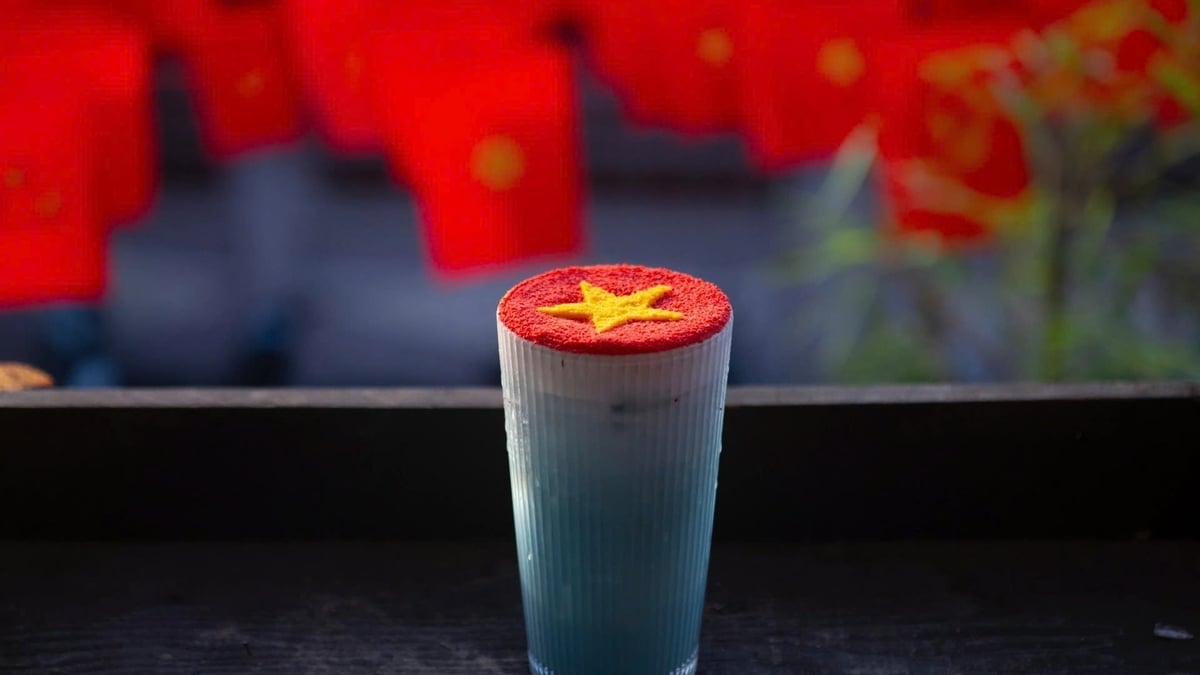
![[Photo] Many people eagerly await the preliminary review despite heavy rain](https://vphoto.vietnam.vn/thumb/1200x675/vietnam/resource/IMAGE/2025/8/27/4dc782c65c1244b196890448bafa9b69)
![[Photo] Brilliant red of the exhibition 95 years of the Party Flag lighting the way before the opening](https://vphoto.vietnam.vn/thumb/1200x675/vietnam/resource/IMAGE/2025/8/27/e19d957d17f649648ca14ce6cc4d8dd4)

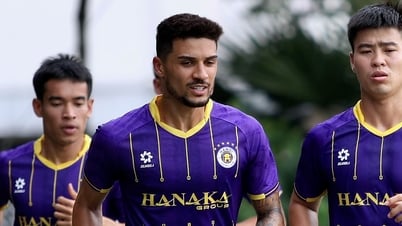

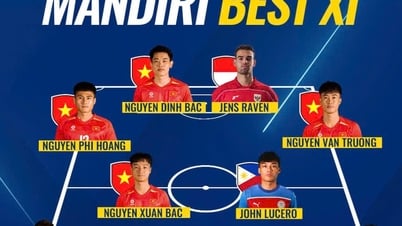


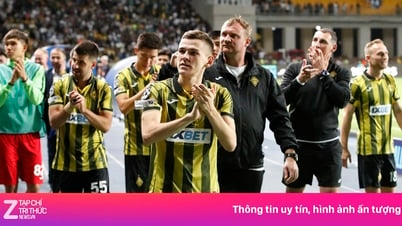
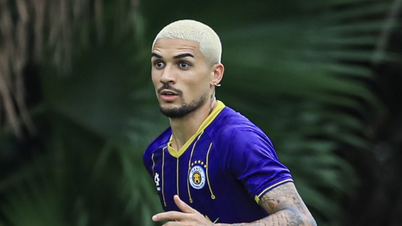
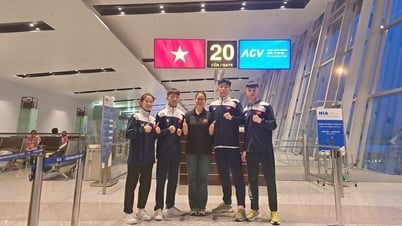




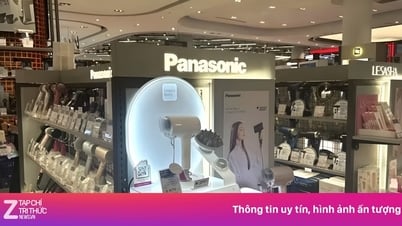

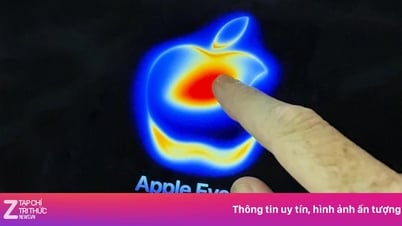
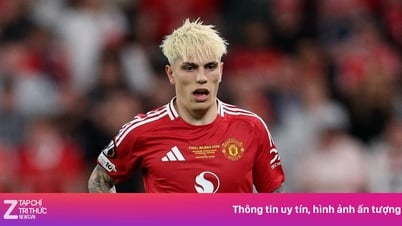























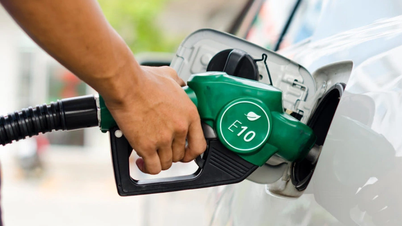








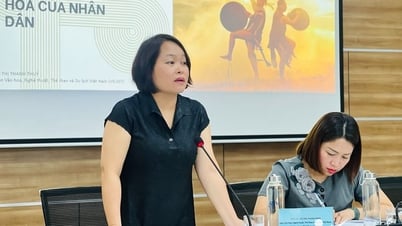

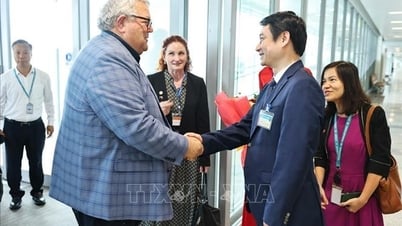

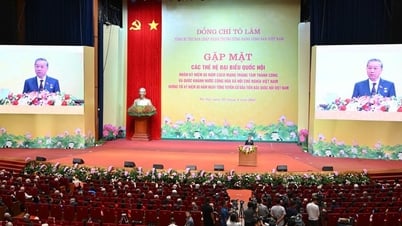
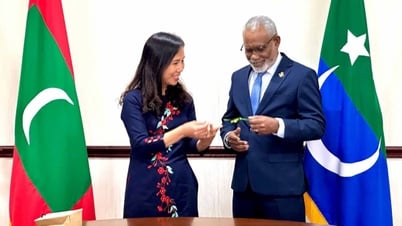
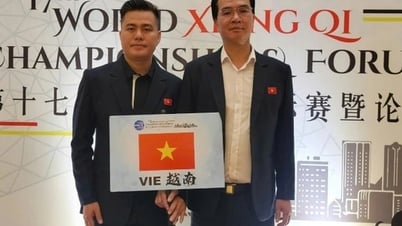

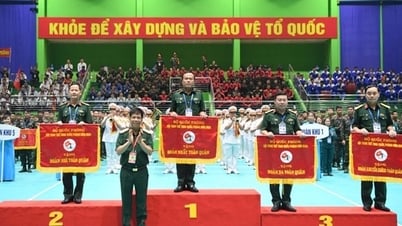
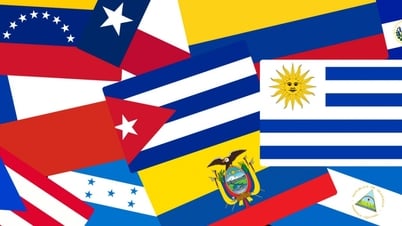

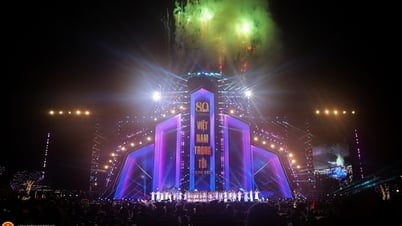
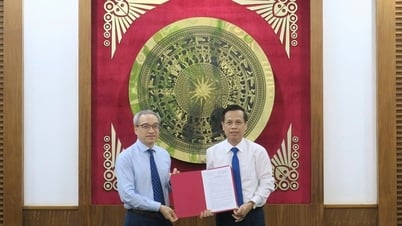
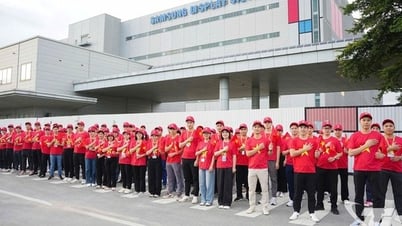
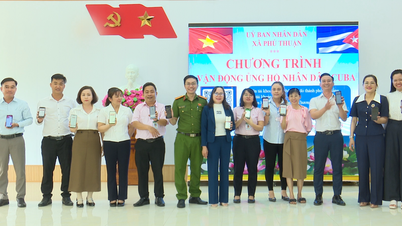
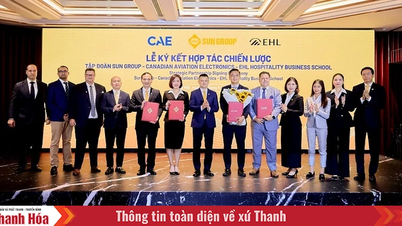

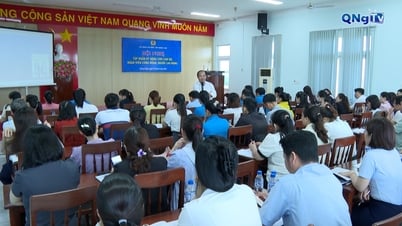


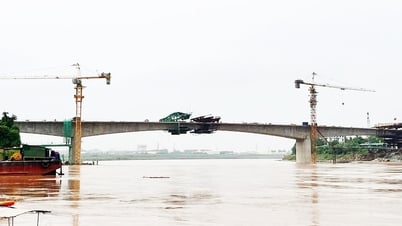

















Comment (0)